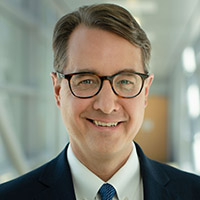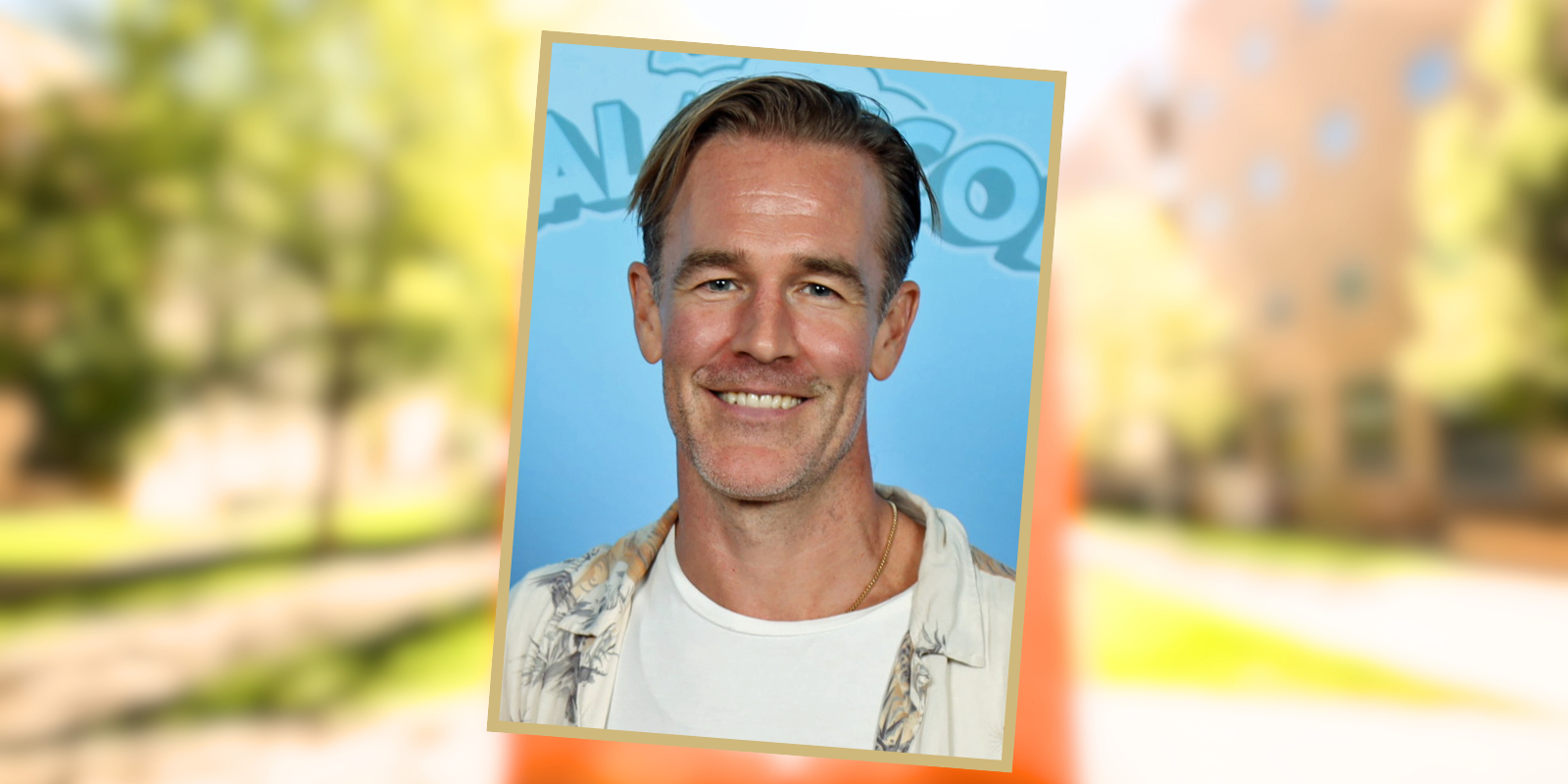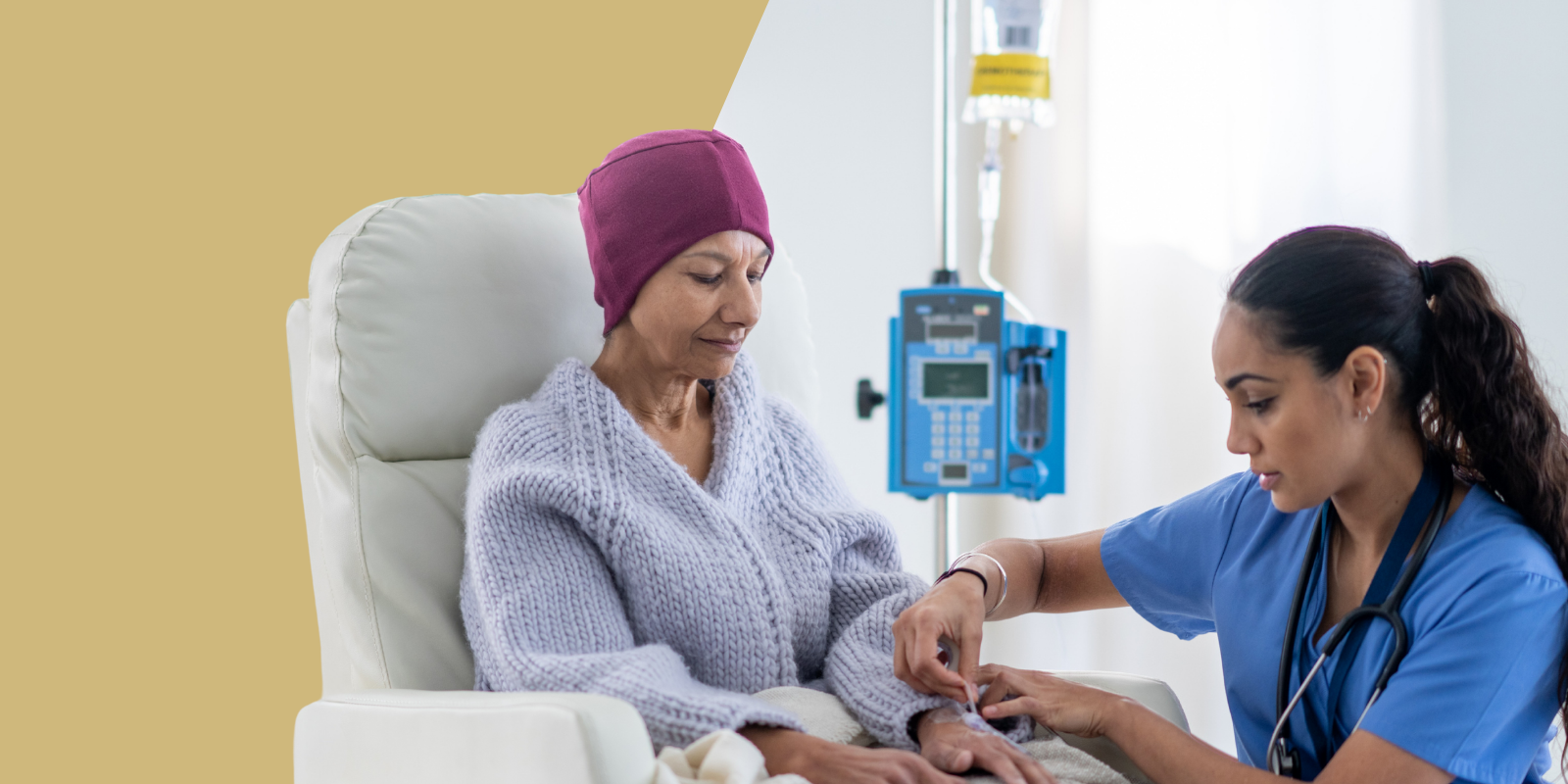It’s one thing to develop cancer treatment guidelines in the U.S., where even the smallest health centers have access to the same basic technology for treatment and testing. But what about creating guidelines for oncologists in Sub-Saharan Africa, where access to medical resources can be limited and the disease can present differently?
It’s a challenge that University of Colorado Cancer Center member Thomas Flaig, MD, knows well. In May, he made his third trip to Africa as part of one of several National Comprehensive Cancer Network (NCCN) efforts working to “harmonize” the organization’s cancer guidelines to account for differing resource levels in other global regions. Flaig worked specifically on guidelines for genitourinary cancers, including kidney cancer, prostate cancer, penile cancer, testicular cancer, and bladder cancer on this most recent effort.
“The NCCN has guidelines that are developed for a high-resource setting in the United States, where we have access to MRIs, PET scans, immunotherapy, expensive drugs — everything’s there,” says Flaig, who also serves as vice chancellor of research for the CU Anschutz Medical Campus. “It became apparent, though, that African oncologists were using the same U.S.-based guidelines. They’re outstanding guidelines, but there’s a resource difference between the countries and global regions.”
Finding harmony
Working in partnership with the American Cancer Society, the NCCN asks Flaig and other volunteer cancer experts involved in the NCCN guidelines to travel to Africa every few years to work with oncologists there to update a set of region-specific guidelines on various cancer types.
“We sit together and go page by page, line by line, through the guidelines and say, ‘All right, does this fit the context here?’” he says. “It could be in terms of availability of imaging — maybe abdominal ultrasound is more widely available than abdominal MRI and used locally. Maybe some drugs are not generally distributed, so we recommend another drug that is more easily available and a consensus exists for its use.”
To account for resource variations in different regions, the NCCN leaves its original “parent guidelines” on the document in black text; highly advanced care that may be costly or technically challenging is in gray, and guidelines specific to that area are added as blue text. That way, Flaig says, oncologists using the harmonized guideline have access to all the information in the parent document and can tell at a glance what is recommended and what isn’t, giving them the flexibility to account for their own resource level.
“Maybe the capital of a given country has access to MRI imaging, but most of the country doesn’t,” he says. “Then the provider might say, ‘We’ve got an MRI, I see that’s in the parent guidelines, I’m going use it.’ But most providers in the country are going to default to an ultrasound or whatever the consensus substitution may be.”
Accounting for differences
Flaig began working in Africa after serving as chair of the NCCN Guidelines Panel for Bladder Cancer in the U.S., a role he has held since 2017. The CU Cancer Center joined the NCCN — a not-for-profit alliance of 32 leading cancer centers including the University of Colorado Cancer Center devoted to patient care, research, and education — in 2013.
“We debate issues related to changes and updated in the guidelines robustly in the United States,” he says. “We ask, ‘Has practiced changes? How do we integrate this new drug approval? Do the findings of a new research study impact clinical care, and should we update the guidelines?’ We have the same kinds of spirited discussions in Africa. Sub-Saharan Africa is not a homogeneous patient population. They have heterogeneity in patient populations, just like we do in the United States, so it’s important to have many voices in the room.”
The harmonized guidelines are created not just to account for differences in resource levels, but also in disease type and prevalence. In Sub-Saharan Africa, for instance — an area that includes Nigeria, Chad, Sudan, Ethiopia, Ghana, Uganda, Kenya, and Rwanda — rates of prostate cancer are higher, and a parasitic infection called schistosomiasis can result in a specific type of bladder cancer that is not prevalent in the U.S.
In all, the NCCN has harmonized guidelines for 42 different cancer types in Sub-Saharan Africa, as well as harmonized guidelines around detection, prevention, and supportive care. It also offers harmonized guidelines for seven cancer types in the Caribbean, as well as translated guidelines in seven different languages, including Chinese, Japanese, Russian, and Spanish.
Life-changing work
Flaig stresses that though oncologists in Africa may not have the same resources as those in the U.S., they are no less knowledgeable or driven to help their patients.
“The first time I went, I was able to connect professionally with the oncologists participating from the African Cancer Coalition, which was really gratifying,” Flaig says. “There’s a real can-do attitude in Africa to get things done for the patients. You realize that we are talking about the same literature; we are reading and responding to the same research reports. So the question is, ‘How do I pragmatically apply this to my setting?’ Can we agree that the consensus is to add ultrasound, and diminish, but not remove, MRI in a given situation? Is it reasonable to put a drug in the guidelines in blue, as an addition to the parent guidelines, or are there disagreements about that?’”
Flaig praises the NCCN for its efforts in Africa and around the world. For him, he says, working on the guideline harmonization efforts has been life changing.
“There’s a tremendous effort and commitment within the NCCN to develop the parent guidelines at a very high level. It takes thousands and thousands of hours of volunteer service to put those together,” he says. “It seems like such a smart thing, then, to say, ‘We looked at all the literature in the world to make these guidelines; let’s take a little more effort to go to Africa and really engage the African Cancer Coalition members, and specifically use the parent guideline platform to create something that’s meaningful and useful in Africa.’ I found great meaning in doing that, and I was very pleased to be involved with it.”




